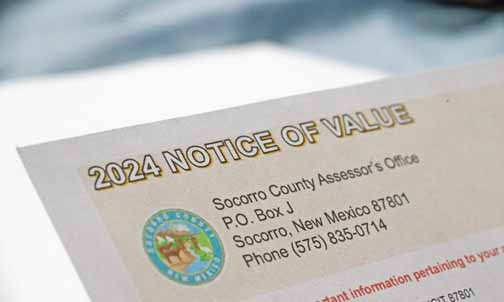“While the typical federal employee completes their retirement application at least thirty days before retiring, there is one choice you should consider a YEAR before you retire.” — Lawrence Castillo
If you or a spouse are a federal employee, you will have five annuity options presented to you on your retirement application. You can choose:
An annuity payable only during the applicant’s lifetime annuity. This reduced annuity provides a maximum survivor annuity for a current spouse.
An annuity that provides a partial survivor annuity for the current spouse.
A reduced annuity providing a survivor annuity for a person with a demonstrated insurable interest in the annuitant.
A reduced annuity with survivor annuity (or partial annuity) for a former spouse or spouses.
Choosing the right option is essential to getting the most from your benefit, achieving your retirement goals, and reducing stress once you leave the workforce. That’s why you need to start thinking about these options as much as a year before retiring.
There are some essential considerations before making a decision, though.
For example, if you happen to be single at retirement and decide to take an annuity that’s payable only during your lifetime, then your retirement money stops when you do. Is this what you want to happen? What if you die soon after retiring? Would you get your money’s worth with a singlelife annuity?
If you retire single but get married after retiring, you have two years from the marriage date to elect a full or partial survivor annuity for your spouse. You will want to notify the Office of Personnel Management (OPM), so they can compute your retirement once the survivor benefit is applied.
If you are married when you leave the workforce but divorce later, the divorce date ends the reduction and entitlement. For the former spouse to continue with the survivor annuity, there must be specific instructions from a judge in the divorce decree or court order.
You can restore your reduced retirement benefit to the unreduced amount if your spouse dies before you and you contact the OPM.
A survivor annuity isn’t as expensive as you might think, and there are some tax advantages you will want to explore. You should contact an accountant or financial advisor to discuss how reducing your benefit might lower your tax burden. It’s important to understand that if you decide not to provide a survivor annuity and die before your spouse, your spouse will lose your benefit and would not be entitled to FEHBP.
There are several other things to keep in mind when deciding how to use your federal benefits most advantageously and efficiently.
Because federal benefits have many nuances, rules, regulations, and deadlines, you should always consult with an advisor who understands the system. Your advisor can help you get the most out of the money you’ve worked so hard to accumulate to build a sounder and more prosperous life after work.
(Lawrence Castillo is a member of Syndicated Columnists, a national organization committed to a fully transparent approach to money management. L and C Retirement Income Planners, 4801 Lang St. NE Suite 100 Albuquerque NM 87109 505 798-2592 http://lawrencecastillo.retirevillage.com/)



















